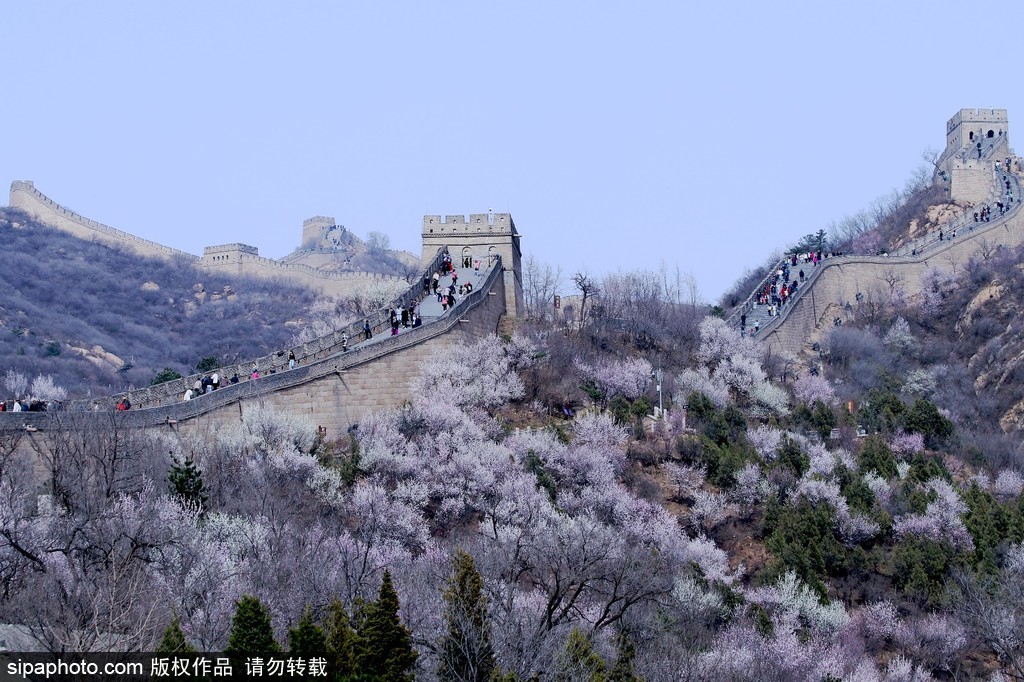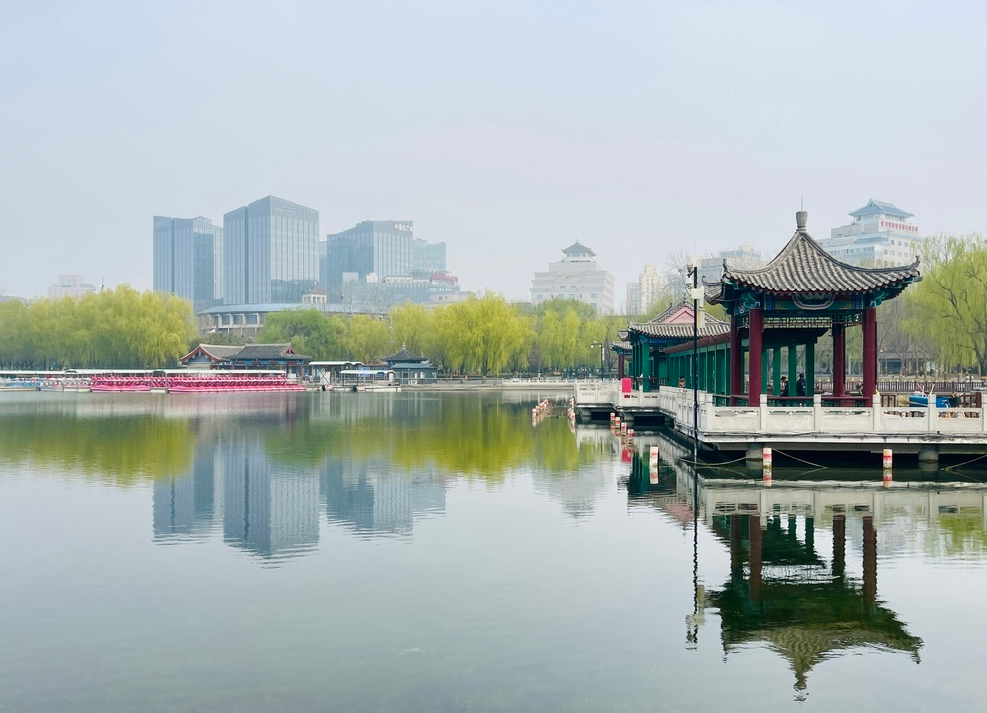MURCIA, Spain, Feb. 17 (Xinhua) -- Tourism has to advance and build a model for the 21st century based on innovation, technology, sustainability and accessibility.
These were the objectives of the first International Conference on Smart Destinations held in the Spanish city of Murcia between Feb. 15 to 17.
The event was jointly organized by the United Nations World Tourism Organization (UNWTO), the Spanish ministry for energy, tourism and digital agenda, and the Autonomous Community of Murcia.
In his speech to the conference on Thursday, UNWTO Secretary General Taleb Rifai explained that 2016 saw the seventh year of consecutive growth in the tourist sector with over 1.2 billion international arrivals.
Tourism is now responsible for seven percent of global commerce, ten percent of gross national product (GNP) and one out of every 11 jobs, he said.
Rifai explained that tourism was not just a key motor for socio-economic development, but was the sector best positioned to provide a sustainable way of life, while promoting peace and understanding and also protecting the environment.
"With 1.8 billion international tourists predicted for 2030, we have to place sustainability in the heart of tourist development and make our contribution to attaining the 17 universal objectives for sustainable development," said Rifai.
He explained that technology offered many solutions to the issues, giving tourism the capacity to be more receptive thanks to the growth of "Smart" systems, which can collect, analyze and distribute information, allowing aspects of sustainability and competitiveness to be measured more efficiently.
Monitoring and regular analysis will allow destinations and companies to make more efficient decisions, based on up-to-date, complete, and precise data, which can then be used to guarantee a lasting business model.
Smart destinations can have confidence in the data which is available and that allows tourism companies to find opportunities in the new ways they can interact directly with clients, in order to draw up personalized itineraries and routes to give travelers a more satisfactory, individual, accessible and responsible tourist experience.



